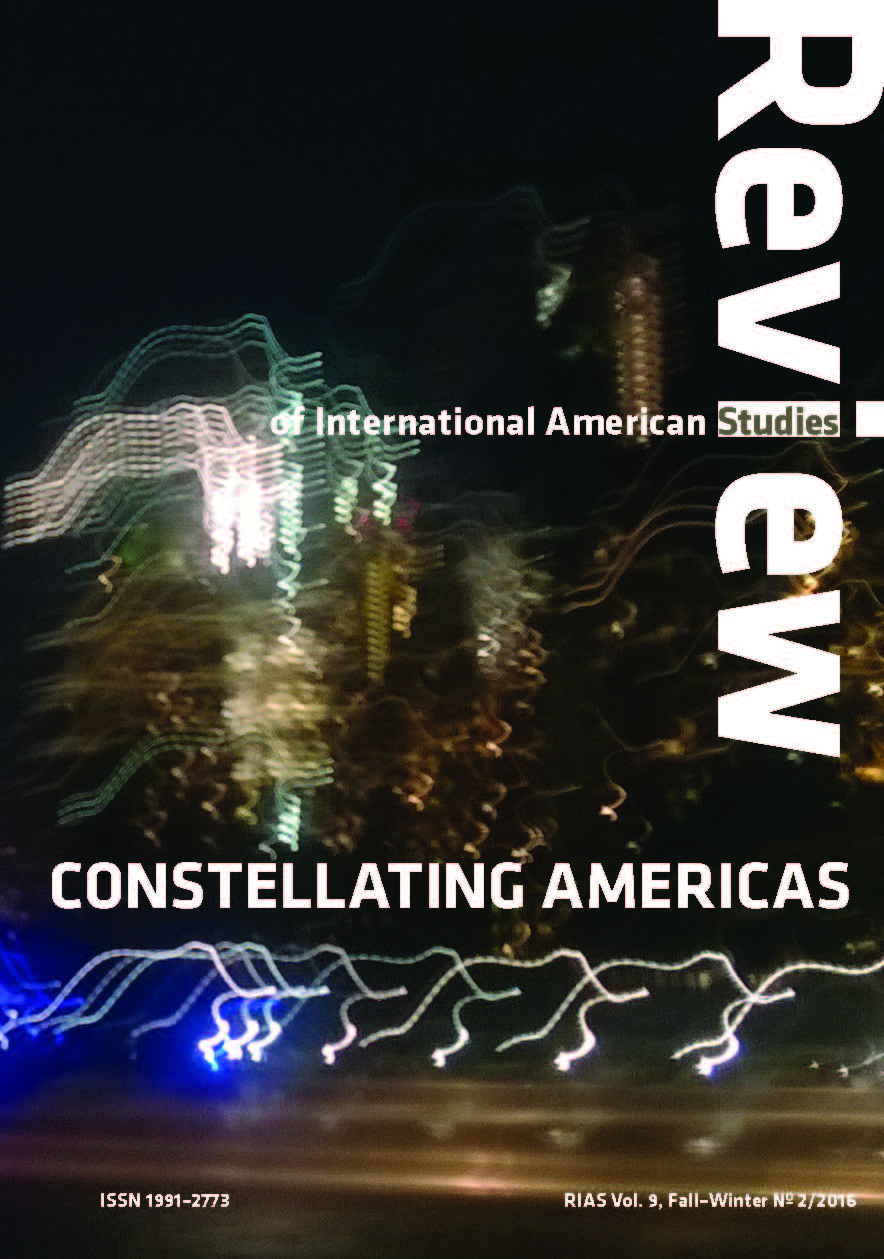Unpredictable Americas: Resignifying Americanness Under a Relational Perspective
Unpredictable Americas: Resignifying Americanness Under a Relational Perspective
Author(s): Zilá BerndSubject(s): Studies of Literature, Comparative Study of Literature, Culture and social structure
Published by: Wydawnictwo Uniwersytetu Śląskiego
Keywords: Americanness; memory; transcultural practices; re-semantization; reconstellation
Summary/Abstract: This article is a reflexion originating in the representation of the Americas in its first iconographies (Marten de Vos, Jan van der Straet) from which a cultural hierarchical principle installed itself in detriment of the American culture. For the last five hundred years we have been invested in deconstructing this feeling of supposed cultural dependence. The most successful strategy has been revealing itself in the search for a long memory, not in Europe any longer, but in the native cultures. This conscious awakening to recenter points to transcultural practices initiated in the first centuries after the conquest when the Guarani reproduce models from the European baroque with altered skin color, eye shape and with indigenous ornaments in sculptures which should simply reproduce European models. Brazilian modernism, as launched in Oswald de Andrade’s “The Cannibal Manifesto” (1929), is pointing at the necessity of finding our cultural ancestrality among the Tupinamba.s anthropophagic practices. Edouard Glissant, as he acknowledged the “archipelago” supremacy of thinking (pensee archipelique or native) over the system thinking (pensee de systeme or European rationality) and proposed the creolization of cultures, is walking in the same direction of the search for our long duration memory in the heart of America itself. The notion of Americaness, far from proposing the existence of a large homogenous narrative in the Americas, tries to analyze cultural mobilities, resemantization of myths throughout the three Americas and the process of reappropriation characteristic of American cultures beyond narrow notions of nationality. Today, to think Americaness as a heterogeneous construct, implies leaving aside binaries as civilization/barbarism; center/periphery, which characterized a large part of American Studies until practically the end of the 20th, in favor of including the diversity and the excluded third. In the path of recent works, as Patrick Imbert.s, we bet on the implosion of polarized thinking, on the transnational exchanges and in the natural disposition to the relational and transcultural encounters which will favor processes of reconstellation of the Americas.
Journal: Review of International American Studies
- Issue Year: 9/2016
- Issue No: 2
- Page Range: 71-86
- Page Count: 16
- Language: English

